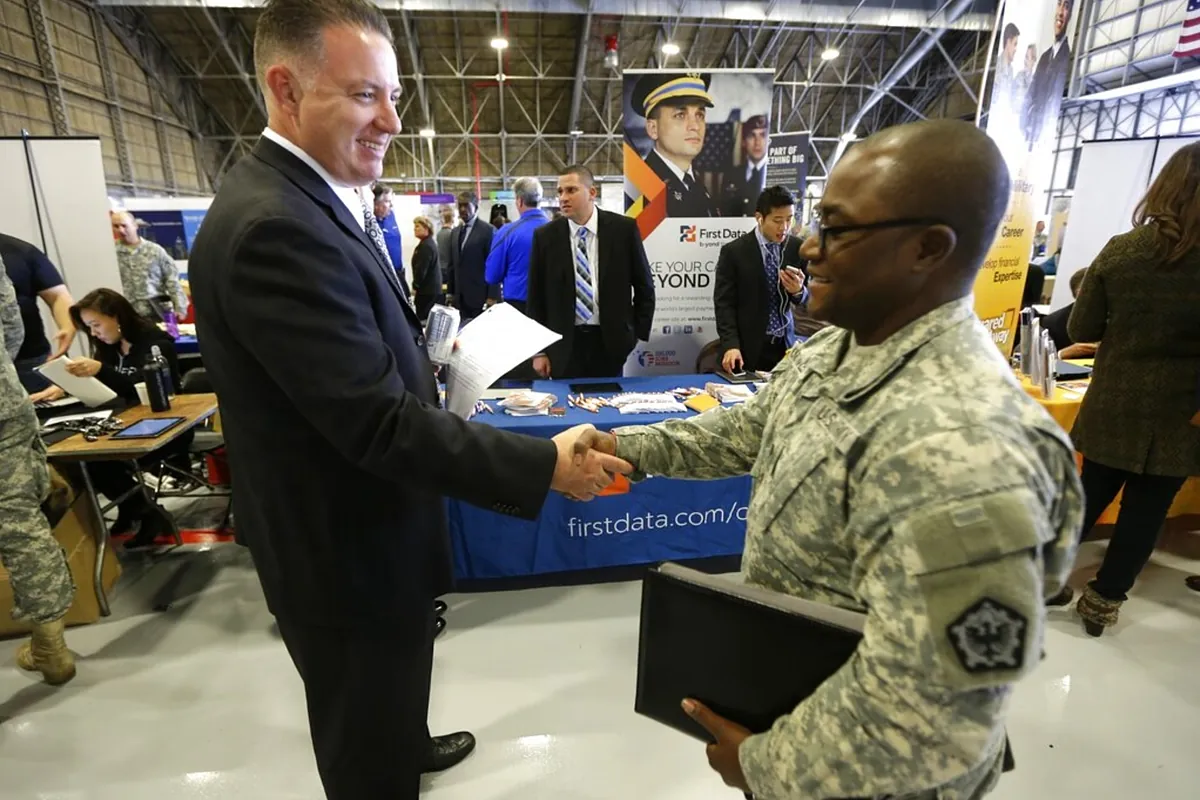

Veterans navigating the transition to civilian life often explore various VA education and career support programs to build a fulfilling future.
Among the many options available, Chapter 31 benefits, formally known as Veteran Readiness and Employment (VR&E), play a unique role in helping veterans with service-connected disabilities prepare for, find, and maintain meaningful employment. While this benefit covers a wide range of services, from education and training to resume development and job placement assistance, it often raises questions about how it interacts with other VA education programs.
Social Security 2025: Common reasons why your payments could stop
Will VR&E use affect my GI Bill or other education benefits?
One common concern among veterans is whether using VR&E benefits reduces eligibility for other education programs, such as the Post-9/11 GI Bill or Montgomery GI Bill.
Police investigate disappearance of Melania Trump’s bronze statue in her native Slovenia
Since many veterans qualify for more than one type of benefit, understanding how Chapter 31 fits into the larger picture is essential for making informed decisions about long-term education and career planning.
The good news is that VR&E benefits do not automatically count against your other VA education entitlements.
In most cases, the time you spend using Chapter 31 services won’t reduce your eligibility for programs like the GI Bill, unless you specifically elect to use your GI Bill entitlement in conjunction with VR&E services.
For example, if you’re eligible for both programs and opt to receive the GI Bill’s monthly housing allowance instead of the VR&E subsistence allowance, the time used could be deducted from your GI Bill balance.
Essentially, it’s the choice to “tap into” your GI Bill while using VR&E that may lead to a reduction.
Eligibility for Chapter 31 itself is determined by several factors.
Veterans must have a service-connected disability rating of at least 10% from the VA and demonstrate an employment handicap, meaning their disability makes it hard to find or keep a job.
Once accepted, participants work with a VA counselor to create a personalized rehabilitation plan.
This plan could include traditional college coursework, on-the-job training, apprenticeships, or even support with starting a business.
Ultimately, VR&E is designed to support veterans in achieving long-term employment without penalizing them for using other earned benefits.
As always, it’s best to consult directly with a VA counselor, who can guide you through your options and ensure you get the most out of all available programs without unnecessary trade-offs.
This news was originally published on this post .






Be the first to leave a comment